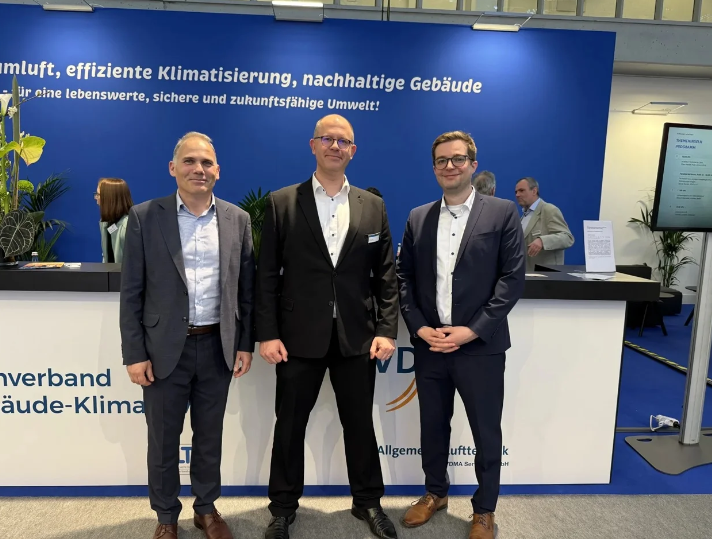New body will be open to suppliers and manufacturers of all components of heat network systems to provide industry with avoice on policy and standards issues
A new heat network-focused association has been established by the Energy and Utilities Alliance (EUA) to provide a range of equipment suppliers with a single voice concerning policy, regulations and standards.
The Manufacturers of Equipment for Heat Networks Association (MEHNA) will serve as a division of the EUA that is open to manufacturers of all components of heat networks such as boilers, Heat Interface Units, pumps, flues and pipework.
Rob Anderson, director of both MEHNA and the Industrial and Commercial Association (ICOM), said the formation of a new division of the EUA reflected significant changes facing the heat networks industry.
He said, “Through the work of EUA and its divisions, we identified the need for a specific trade association to cover this sector.”
Mr Anderson noted that MEHNA would be, “Providing technical support as well as representation with policy, regulations and standards bodies such as BEIS, BSI, CIBSE, ADE, BESA, EA and other regulatory bodies, both in the UK and Europe.”
MEHNA has been established as the UK government considers heat networks as one potential solution to meet its ambitions for the next three decades to curb carbon emissions from heating systems via plans such as the Clean Growth Strategy.
The Competition and Markets Authority (CMA) has since called for Ofgem to be appointed as the first regulator of heat networks in England and Wales to support take-up of the technologies.
These calls were made in a study by the CMA of how heat networks are currently being managed.
Concerns were raised in the report of a need for improved transparency within the industry around the costs and the quality of services being offered.
Regulatory reform will now be required to establish Ofgem as a regulator, with a government response to the CMA’s conclusion expected in the next three months.
Establishment of minimum technical standards for heat networks and setting out a voluntary quality assurance scheme have been set out as key aims for industry in the meantime.
Industry is urged to work within the Domestic Building Services Compliance Guide and follow the CIBSE ADE Heat Networks Code of Practice (CP1) whilst efforts continue to ensure a higher level of operational efficiency in current networks, according to the CMA’s conclusions.






















